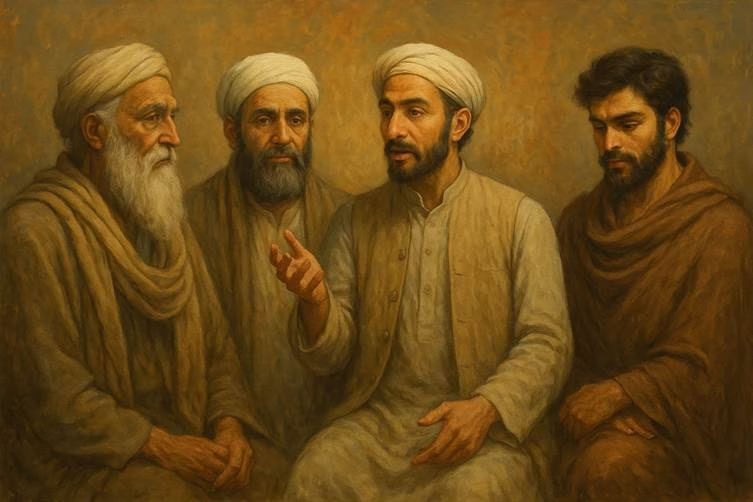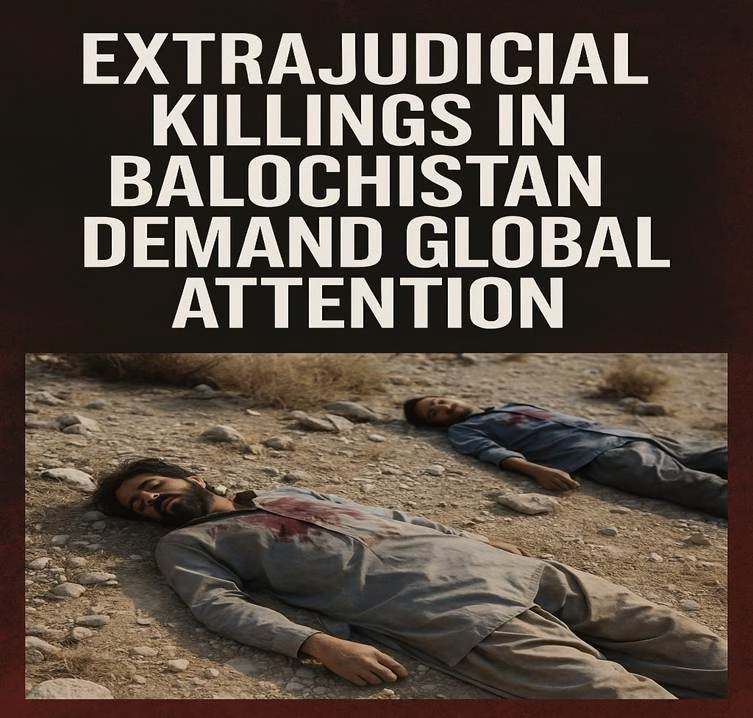
Pashto poetry is not just a literary tradition—it is a living memory of the Pashtun soul. From oral verses recited around tribal fires to refined modern ghazals published in literary journals, this poetic heritage captures centuries of collective yearning, revolt, and spiritual longing. Its greatest voices stand not only as poets but as philosophers, warriors, and seers who shaped their society’s conscience.
Khushal Khan Khattak (1613–1689): The Warrior-Poet
Widely revered as the father of Pashto nationalism, Khushal Khan Khattak was a tribal chieftain, scholar, physician, and warrior. As the head of the Khattak tribe, he fiercely resisted Mughal emperor Aurangzeb’s oppressive rule, calling for Pashtun unity in the face of imperial manipulation. His poetry, compiled in the Diwan-i-Khushal Khan Khattak, carries the weight of both sword and pen—firm, martial, and unapologetically proud.
He often wrote in verse to instruct young Pashtuns in values like courage, loyalty, and justice. He saw poetry not merely as art but as a tool for moral reform and national awakening. For Khushal, poetry was battle without bloodshed—a way to forge unity where politics had failed.
“I despise the man who does not guide his life by honor,
The man who values his life more than his dignity.”
Abdur Rahman Baba (1653–1711): The Sufi of Simplicity
In stark contrast to Khushal’s militant ethos, Abdur Rahman Baba offers a gentle and contemplative voice. A Sufi mystic by temperament, he believed that truth resides in the heart, not in hierarchy. His work, compiled in Diwan-e-Rahman Baba, remains one of the most widely read collections in Pashto literature. In language that is clear and metaphorically rich, Rahman Baba explores love, detachment, the ego, and divine beauty.
Unlike Khushal’s didactic tone, Rahman Baba’s poems unfold like whispers of a lover speaking to the divine. He offers solace in a chaotic world, favoring humility over pride, and prayer over vengeance. His work reflects a timeless hunger for transcendence.
“Though the world may pass away, love will remain eternal.
The fire of the heart burns longer than worldly flames.”
Hamza Baba (1907–1994): Modernist Sufism and the Ghazal Revival
Hamza Baba (Amir Hamza Khan Shinwari) revolutionized Pashto poetry by bringing the Persian and Urdu ghazal tradition into a distinctively Pashtun framework. While drawing inspiration from classical Sufi poets like Rumi and Hafiz, Hamza Baba redefined Pashto poetic expression to address modern anxieties, emotional complexity, and inner psychological struggles.
His ghazals are rhythmic, symbolic, and deeply emotional. He masterfully fused tradition with innovation, encouraging future poets to embrace introspection without abandoning their cultural roots. Hamza Baba also mentored a generation of poets, reinforcing the literary vibrancy of Peshawar as a cultural hub during the mid-20th century.
“The lover’s soul, wandering through metaphors,
finds in loss a greater clarity than in gain.”
Ghani Khan (1914–1996): The Philosopher-Poet
Ghani Khan stands apart in Pashto literature—less a traditionalist and more a philosophical insurgent. The son of Khan Abdul Ghaffar Khan, he inherited a moral legacy of non-violence but infused it with existential reflection and a fierce artistic spirit. A painter, sculptor, and writer, Ghani Khan viewed poetry as a philosophical lens through which to explore the absurdities and beauties of life.
His work reflects a deep engagement with beauty, mortality, and the nature of being. In poems that alternate between irony and insight, he dismantles both religious dogma and tribal orthodoxy, urging individuals to think beyond inherited ideologies.
“I am a lover of beauty, a wanderer in thought,
a rebel against the narrow mind and closed heart.”
Women in Pashto Poetry: A Rising Chorus
Though historically sidelined, women poets in Pashto literature have steadily risen in recent decades. Laila Khan writes with fierce clarity about the toll of conflict on women and children. Salma Gul brings lyrical grace to narratives of identity, displacement, and love. Khalida Yousafzai, a teacher and activist, uses poetry to dismantle patriarchal constructs and reimagine female agency in Pashtun society.
Their verses speak from the margins, yet echo with the authority of lived truth. Often self-published or shared through local literary circles, their poems are transforming Pashto literature from the grassroots upward. These women are not only poets; they are quiet revolutionaries shaping the literary terrain of tomorrow.

Pashto Poetry as a Living Tradition
Despite the shifting tides of history—empires, colonialism, and war—Pashto poetry has endured and evolved. In tribal gatherings, refugee camps, radio programs, and now on social media, it continues to inspire and reflect the Pashtun experience. The poetic form remains agile, moving from oral epics to modernist free verse, all while maintaining its emotional authenticity.
Whether echoing through mountain valleys or posted online for a global audience, Pashto poetry remains an embodiment of resistance, resilience, and reflection. It stands as both a witness to history and a whisper from the soul—forever dynamic, deeply human, and utterly timeless.
Subscribe to Our Newsletter
Get the latest CounterCurrents updates delivered straight to your inbox.
Ashish Singh has finished his Ph.D. coursework in political science from the NRU-HSE, Moscow, Russia. He has previously studied at Oslo Metropolitan University, Norway; and TISS, Mumbai.














































